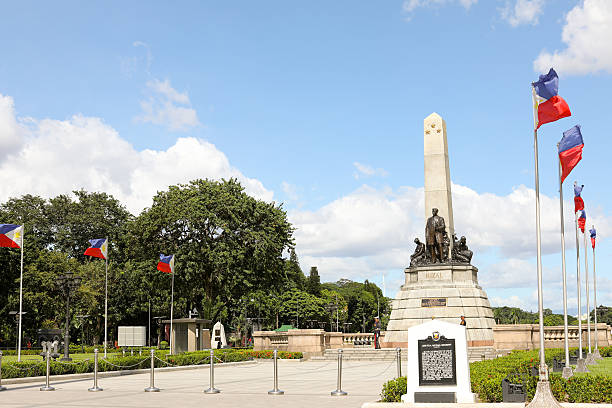
On December 30, 1896, the world lost a brilliant mind and a passionate advocate for freedom and justice – Dr. Jose Rizal. As a polymath, nationalist, and martyr, Rizal left an indelible mark on the course of history, particularly in the Philippines. However, the impact and relevance of his death extend far beyond his homeland, offering valuable lessons for people around the world even today.
Historical Context
Dr. Jose Rizal was a Filipino nationalist and intellectual who played a crucial role in the Philippine Revolution against Spanish colonial rule. Born on June 19, 1861, in Calamba, Laguna, Rizal was not only a prolific writer but also a physician, poet, sculptor, and linguist. His literary works, including “Noli Me Tangere” and “El Filibusterismo,” exposed the harsh realities of Spanish oppression and ignited a sense of national consciousness among Filipinos.
Impact on Philippine Independence
Rizal’s writings, which advocated for peaceful reform rather than violent revolution, inspired Filipinos to question the existing social and political structures. His execution fueled the flames of the revolution, ultimately leading to the establishment of the First Philippine Republic. Rizal’s sacrifice became a symbol of resistance and a catalyst for change, resonating not only in the Philippines but also in other parts of the world struggling against colonial rule.
Lessons for Today’s Global Society
- Courage to Speak Truth to Power: Rizal fearlessly spoke out against injustice, corruption, and oppression. In a world grappling with various forms of inequality and human rights abuses, Rizal’s courage serves as a timeless example. People around the world can draw inspiration from his commitment to truth and his unwavering stand against tyranny.
- Advocacy for Education: Rizal firmly believed in the power of education to uplift individuals and societies. His call for education as a tool for enlightenment and liberation is particularly relevant today, as access to quality education remains a global challenge. Rizal’s emphasis on education echoes the importance of empowering people through knowledge and critical thinking.
- Cultural Pride and National Identity: Rizal celebrated the richness of Philippine culture and language. In a world that increasingly values cultural diversity, Rizal’s advocacy for cultural pride and national identity serves as a reminder of the importance of preserving and appreciating one’s heritage. This lesson extends to the global community, emphasizing the need to respect and celebrate cultural diversity.
- Peaceful Advocacy for Change: Rizal’s preference for peaceful reform over violent revolution is a lesson in diplomacy and strategic activism. In an era marked by social and political unrest, his approach encourages people to seek constructive and nonviolent means to address grievances and bring about positive change.
A Lasting Legacy
As we reflect on the life and death of Dr. Jose Rizal, it becomes clear that his legacy transcends time and borders. His ideals of justice, education, and cultural pride remain relevant, offering valuable lessons for people around the world. In a globalized society grappling with various challenges, the spirit of Rizal lives on, inspiring individuals to stand up for truth, embrace education, celebrate diversity, and advocate for positive change through peaceful means.

